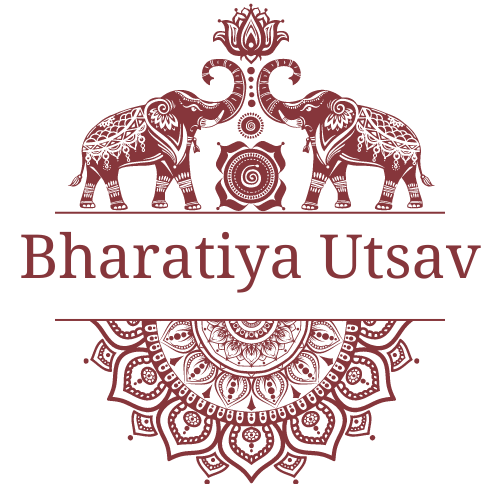India Festivals
Indian festivals are a rich tapestry of cultural heritage, reflecting the diverse traditions and beliefs of the subcontinent. Celebrated throughout the year, these festivals often hold deep spiritual significance and are marked by various rituals, customs, and community gatherings. The variety of festivals in India can be attributed to its multi-religious society, with major celebrations observed by Hindus, Muslims, Sikhs, Christians, and others.
One of the most prominent festivals is Diwali, also known as the Festival of Lights. Celebrated by approximately 80% of the Hindu population, Diwali symbolizes the victory of light over darkness and good over evil. The festival typically lasts for five days and involves lighting oil lamps, decorating homes, and exchanging gifts. Statistically, it is estimated that around 800 million people participate in Diwali celebrations annually.
Another significant festival is Eid, celebrated by the Muslim community. Eid al-Fitr marks the end of Ramadan, a month of fasting, and is observed by approximately 1.8 billion Muslims worldwide. The festival emphasizes charity, community, and gratitude, with many engaging in communal prayers and feasting. The economic impact of Eid is substantial, with a reported increase in retail sales by up to 30% during the festive season.
Holi, the Festival of Colors, is celebrated predominantly in North India and is recognized for its vibrant and joyous atmosphere. This festival signifies the arrival of spring and the triumph of good over evil, commemorating the legend of Prahlad and Holika. It is estimated that over 200 million people participate in Holi festivities, which include throwing colored powders and water, dancing, and enjoying festive foods.
In addition to these major festivals, regional celebrations such as Pongal in Tamil Nadu and Baisakhi in Punjab showcase the agricultural heritage of India. Pongal, celebrated by approximately 70 million people, is a harvest festival that involves cooking a special dish made from newly harvested rice. Baisakhi, marking the harvest season, is celebrated by Sikhs and is significant for its association with the founding of the Khalsa in 1699.
The impact of these festivals extends beyond cultural significance; they also contribute to the economy. The festival season in India sees a surge in consumer spending, with estimates suggesting that the retail market can grow by 15-20% during this period. This economic boost is often attributed to increased sales in sectors such as clothing, home decor, and gifting items.
In conclusion, Indian festivals are not merely occasions for celebration; they are integral to the cultural identity of the nation. They foster community bonding, promote economic activity, and preserve age-old traditions. Understanding the significance of these festivals provides insight into the values and beliefs that shape Indian society.
